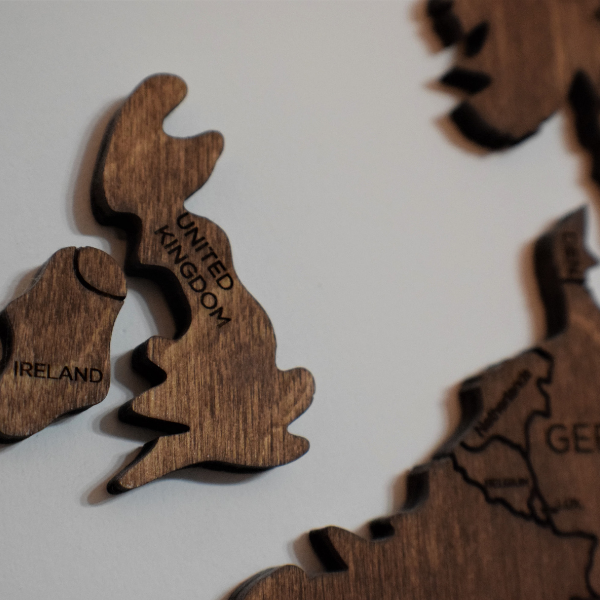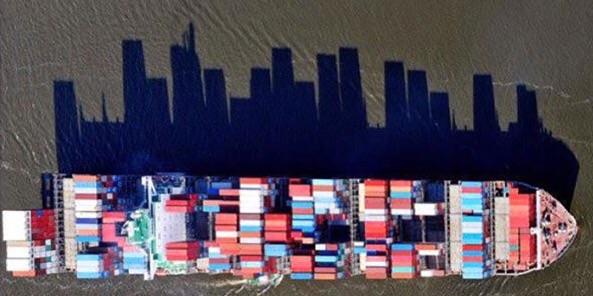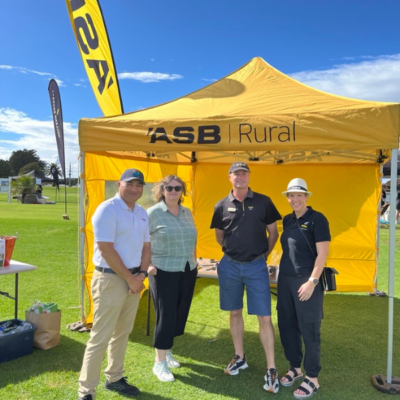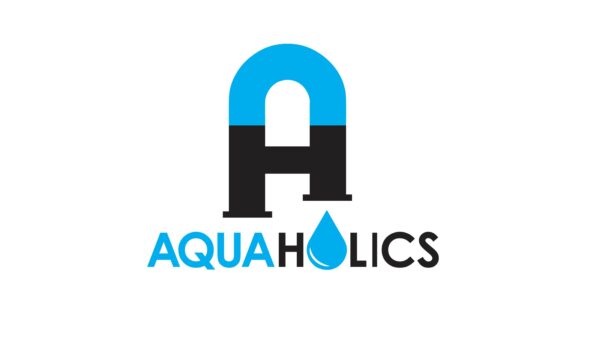From 1 January 2021 the UK will be an independent market and separate customs jurisdiction to the European single market and customs union. The EU and UK are yet to conclude a Free Trade Agreement.
Whilst existing conditions for trade access to the EU and Northern Ireland, for third countries, such as New Zealand, continues, there are some important factors to consider.
For New Zealand exports to England, Scotland and Wales there will be new registration systems for standards, customs, and sanitary/phyto-sanitary regulation.
New Zealand goods shipped to UK and then on shipped to EU (or vis versa) will be subject to import and export documentation at borders, with duty and VAT payable at each import border. UK plan to establish Free Ports by January 2022.
PREPARE NOW to ensure minimal disruption to your trade channels come 1 January 2021.
Key considerations:
- Duty: a new UK tariff will apply for duty assessment for imports into England, Scotland and Wales (see UK Government link)
- Sanitary/Phyto-sanitary: Check your importer is registered on IPAFFs for pre-clearance in UK in addition to TRACES for EU (see link below)
- VAT: Ensure your UK and EU enterprises have UK and EU VAT numbers (EORI link below)
- Warehousing: Expect reduced warehouse capacity late 2020 and early 2021.
- Capacity already reduced due to COVID-19 will be under further pressure due to seasonal Christmas demand.
- Consider bonded store options for goods being on-shipped from UK or EU.
- Shipping: Consider shipping direct to UK or EU for respective markets and AVOID transiting goods by truck (RORO/Chunnel) between EU and UK (in either direction) for at least 6 weeks once the current transition period expires. Operational issues which are anticipated to create congestion and lead to extraordinary delays:
- No turn-around capacity on roads leading to ferries, for trucks with inadequate paperwork to ‘turn around’
- Border papers review
- No Road capacity to ‘fast track’ goods on trucks in queues, even with diplomatic intervention.
- Standards & Regulations: Mutual recognition ceases.
- CE Mark issued by UK standards authority will no longer be recognised in EU. Goods will need to be re-tested by an EU testing body.
- Goods exported to UK will need to be tested and require the new UKCA mark. The EU mark may continue to be used until 1 January 2022
- Labelling: Goods requiring an in-market address on the label (eg. Wine) will now require both an EU and UK address.
- Data: restrictions will apply regarding UK use of EU citizen data – get expert advice
- Contracts: review all UK contracts which are EU law based.
- IP: will need to be protected in both UK and EU. Consider UK not currently signed up to Madrid Agreement in own right. (see WIPO link below) Seek expert advice.

New Zealand and UK agencies have developed advice sites that will assist you to cope with these changes. Visit each of the sites below. Use the checklists and regularly check for updates.
Keep in touch with the MPI, MFAT or NZTE Brexit desks – they have people who can help.
Brexit information pages
MPI: for all primary industries exports
















































